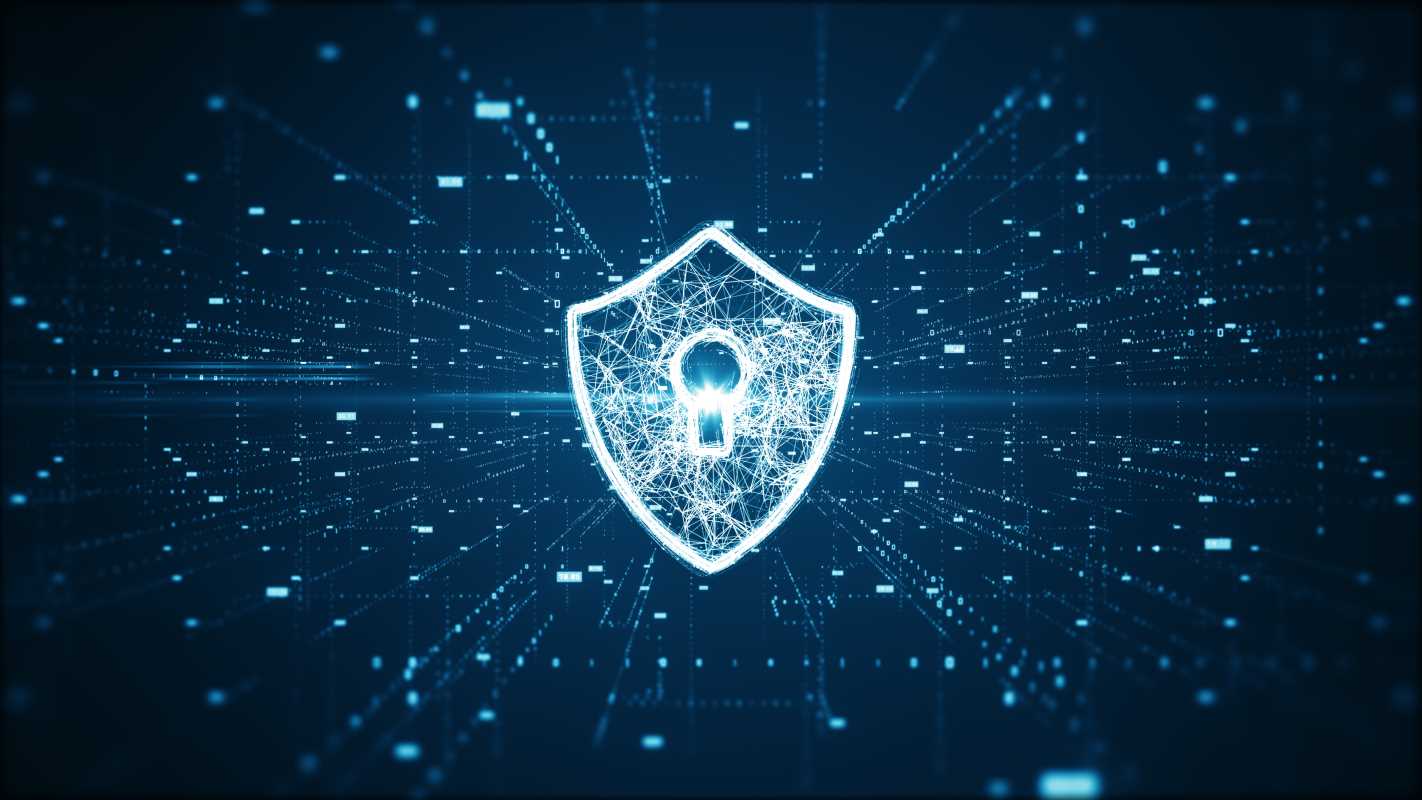Cybersecurity careers offer some of the best job security and highest salaries in today's tech landscape. Digital threats are growing more sophisticated every day, creating a massive demand for skilled professionals who can protect organizations from hackers, data breaches, and cyberattacks. The best part about breaking into cybersecurity is that you don't need to attend traditional college classes or relocate to expensive tech cities. Remote-friendly learning platforms have revolutionized how people acquire cybersecurity skills, making it possible to learn from anywhere with an internet connection. These online programs offer hands-on training with real security tools, expert instruction from industry professionals, and flexible scheduling that works around your current job and family commitments.
Understanding the Cybersecurity Career Opportunity
The cybersecurity field encompasses multiple specializations, each addressing different aspects of digital protection. Organizations need experts who can prevent attacks, detect threats, respond to incidents, and recover from security breaches.
Cybersecurity professionals work in every industry imaginable. Hospitals need security experts to protect patient data, banks require specialists to safeguard financial transactions, and government agencies depend on cybersecurity teams to protect national security information. This universal need creates job opportunities regardless of geographic location.
Benefits of Remote Cybersecurity Learning
Remote learning platforms offer significant advantages over traditional classroom-based cybersecurity education, especially for working adults and career changers.
Flexible Scheduling Options
Most platforms allow students to learn at their own pace, accessing course materials 24/7. This flexibility lets you maintain your current job while building new skills, reducing the financial risk of a career transition. Many professionals complete cybersecurity training during evenings and weekends.
Hands-On Lab Environments
Quality remote platforms provide virtual labs with real security tools and simulated network environments. Students practice penetration testing, vulnerability assessments, and incident response using the same software that cybersecurity professionals use daily. These practical experiences build confidence and demonstrate skills to potential employers.
Cost-Effective Education
Remote cybersecurity courses typically cost $2,000-$8,000, significantly less than traditional degree programs. Many platforms offer payment plans or income-share agreements that reduce upfront costs. The lower price point makes cybersecurity education accessible to more people.
Access to Expert Instructors
Remote platforms can recruit top cybersecurity professionals from around the world as instructors. Students learn from experts who currently work at major corporations, government agencies, and consulting firms. This real-world expertise provides insights that academic instructors might lack.
Top Remote Cybersecurity Learning Platforms
Several platforms have emerged as leaders in remote cybersecurity education, each offering unique strengths and specializations.
Cybrary
This free platform offers comprehensive cybersecurity courses ranging from beginner to advanced levels. Cybrary provides career paths for different specializations, virtual labs for hands-on practice, and certification preparation materials. The platform serves over 3 million students worldwide and partners with industry leaders to ensure a current curriculum.
SANS Institute Online
SANS offers premium cybersecurity training through live online classes and on-demand courses. Their programs focus on practical skills that security professionals use immediately in their jobs. SANS maintains strong relationships with employers and government agencies, leading to excellent job placement opportunities for graduates.
Coursera Cybersecurity Programs
Major universities offer cybersecurity specializations through Coursera, combining academic rigor with practical applications. The University of Maryland and IBM provide university credit and industry-recognized certificates. Financial aid options make these programs accessible to students with limited budgets.
Pluralsight
This technology learning platform offers extensive cybersecurity content, namely skill assessments, learning paths, and hands-on labs. Pluralsight's adaptive learning technology personalizes the experience based on individual strengths and weaknesses.
Essential Skills Covered in Remote Programs
Effective cybersecurity education platforms teach both technical competencies and soft skills that employers value in security professionals.
Technical Foundations
- Network security fundamentals and architecture principles
- Operating system security for Windows, Linux, and macOS
- Cryptography basics and secure communication protocols
- Vulnerability assessment and penetration testing techniques
- Security tool operation, including firewalls, intrusion detection systems, and SIEM platforms
Specialized Areas
Students can focus on specific cybersecurity domains based on their interests and career goals. Popular specializations include digital forensics, cloud security, mobile security, and industrial control system protection.
Compliance and Risk Management
Programs teach regulatory frameworks like HIPAA, SOX, and GDPR that govern cybersecurity practices in different industries. Understanding compliance requirements helps professionals communicate with business stakeholders and ensure organizational security policies meet legal standards.
Communication and Business Skills
Cybersecurity professionals must explain technical concepts to non-technical audiences, write clear incident reports, and present security recommendations to executive leadership. Quality programs emphasize these communication skills alongside technical training.
Certification Preparation and Career Support
Remote learning platforms often integrate preparation for industry-recognized certifications that validate cybersecurity expertise.
Popular Certification Paths
- CompTIA Security+ for entry-level professionals
- Certified Ethical Hacker (CEH) for penetration testing roles
- Certified Information Systems Security Professional (CISSP) for senior positions
- Certified Information Security Manager (CISM) for management roles
Job Placement Assistance
- Career services (resume review, interview preparation, and connections to hiring partners)
- Some programs guarantee job placement or offer tuition refunds if graduates don't find employment within specified timeframes.
Alumni Networks and Mentorship
- Active alumni communities where new graduates can network with experienced professionals.
- Mentorship matching that pairs students with industry veterans who provide career guidance and job referrals.
Choosing the Right Platform for Your Goals
Selecting appropriate cybersecurity training requires an honest assessment of your current skills, career objectives, and learning preferences.
Evaluate Your Technical Background
Complete beginners benefit from comprehensive programs that start with basic IT concepts before advancing to security topics. People with existing IT experience might prefer accelerated programs focused specifically on security skills.
Consider Learning Style Preferences
Some platforms emphasize self-paced learning with recorded videos and reading materials, while others provide live instruction with real-time interaction. Think about how you learn best and choose a format that matches your preferences.
Research Program Outcomes
Investigate job placement rates, salary outcomes, and student satisfaction scores. Quality platforms publish this data and provide access to alumni who can share their experiences. Connect with recent graduates through LinkedIn to learn about their career progression after completing the program.
Budget and Time Commitment
Calculate the total cost, such as course fees, certification exams, and any required software or equipment. Consider the time investment required and ensure you can maintain consistent study schedules throughout the program duration.
Maximizing Your Remote Learning Success
Success in remote cybersecurity education requires discipline, active engagement, and strategic career planning.
Create Dedicated Study Environments
- Establish specific times and locations for cybersecurity learning
- Treat your study sessions seriously
- Eliminate distractions and maintain consistent schedules
Practice Regularly in Lab Environments
- Hands-on experience distinguishes competent cybersecurity professionals from those who only understand theory.
- Spend extra time in virtual labs and experiment with different tools
- Document your learning through personal projects
Join Professional Communities
- Participate in cybersecurity forums and attend virtual conferences
- Engage with local cybersecurity meetups.
Build a Professional Portfolio
- Document your learning journey through blog posts, GitHub repositories, and project case studies.
Remote-friendly learning platforms have democratized access to cybersecurity education, enabling motivated individuals anywhere to develop skills in this high-demand field. The combination of flexible learning options, practical training environments, and strong job prospects makes cybersecurity an attractive career choice for people seeking stable, well-paying work in technology.
 (Image via
(Image via





